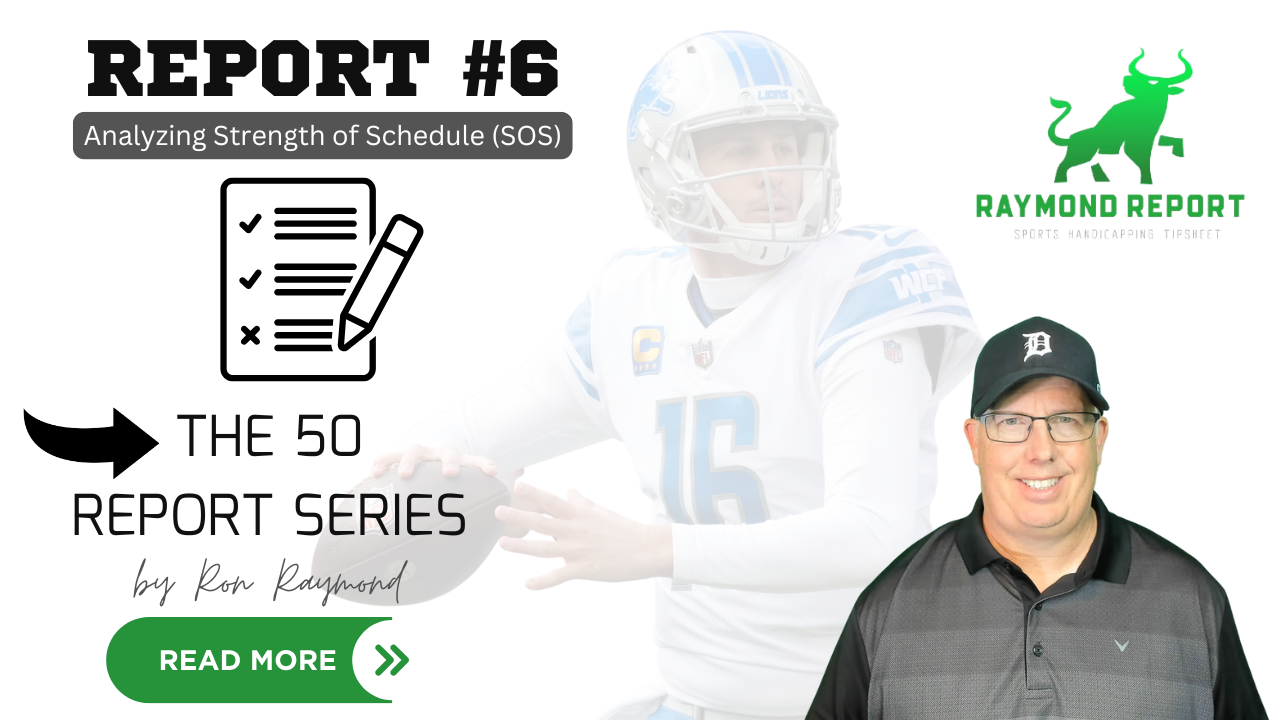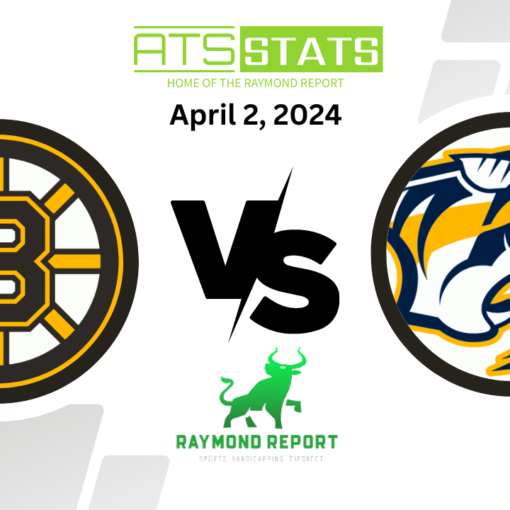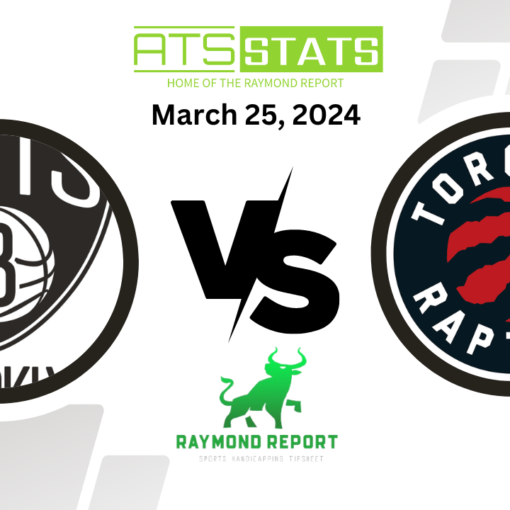Why Strength of Schedule (SOS) Matters
When evaluating teams in sports betting, many bettors rely solely on win-loss records, point differentials, or individual player performances. However, one of the most crucial yet often overlooked metrics is Strength of Schedule (SOS). Understanding a team’s SOS allows bettors to properly assess whether a team’s performance is legitimate or inflated due to weak competition.
What is Strength of Schedule (SOS)?
Strength of Schedule (SOS) measures the difficulty of a team’s past opponents based on their performance. A team that has played against strong competition will have a high SOS, while a team that has faced weaker opponents will have a lower SOS. By factoring in SOS, bettors can determine if a team’s record is truly reflective of their ability or if it’s skewed by facing lesser competition.
Key Benefits of Using SOS in Betting:
- Identifies teams with misleading records
- Helps gauge the quality of wins and losses
- Provides insight into potential regression or improvement
- Assists in spotting market inefficiencies
How to Calculate Strength of Schedule
SOS is typically calculated by averaging the win percentages of a team’s past opponents. Some models weigh recent games more heavily, while others consider opponent rankings, point differentials, and advanced analytics like net rating.
A simplified SOS formula: SOS = \frac{\sum{(Opponent Win %)}}{Total Opponents Played}
A team with an SOS of .600+ indicates they have played a tough schedule, while a team with an SOS under .400 suggests they have faced weaker competition.
Example Breakdown: Miami Heat vs. Dallas Mavericks
For today’s game, let’s apply SOS to the Miami Heat (-1.5) vs. Dallas Mavericks (+1.5) matchup.
Miami Heat
- SOS (Last 7 Games): 61.22%
- Record (Last 10 Games): 4-6 (SU), 4-6 (ATS)
- Market Performance: Bearish (0-7, 1-6, or 2-5 cycle)
Miami has faced significantly tougher competition recently, with their last three opponents having an average winning percentage of over 60%. Their recent struggles (losing three straight) could be attributed to this increased competition rather than a decline in form.
Dallas Mavericks
- SOS (Last 7 Games): 55.1%
- Record (Last 10 Games): 5-5 (SU), 6-3-1 (ATS)
- Market Performance: Neutral (3-4 or 4-3 cycle)
Dallas, on the other hand, has been playing more balanced competition. Their solid ATS performance (covering 6 of their last 10) suggests they are exceeding expectations despite a moderate schedule strength.
How to Use SOS in Your Bets
- Compare Team Performance Against SOS – If a team has a strong record despite a high SOS, they may be undervalued by the market.
- Spot Regression Candidates – A team with a great record but a weak SOS could be overvalued, leading to potential fade opportunities.
- Identify Betting Edges – Teams with high SOS but underwhelming records may be due for an improvement when facing weaker opponents.
Final Takeaway
SOS is an essential metric in sports betting that allows you to separate true contenders from pretenders. By incorporating SOS into your analysis, you can identify teams primed for regression or improvement and gain an edge over the public. Before placing your bets, always check how a team’s recent competition compares to their upcoming matchups!
Next in The 50 Report: In our next article, we’ll dive into Spotting Market Corrections in Daily Matchups.





